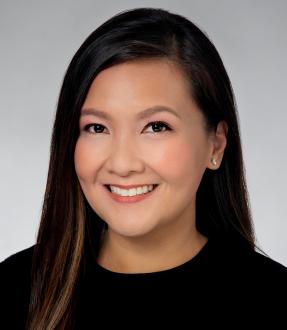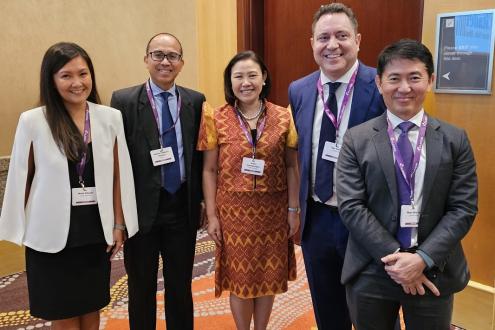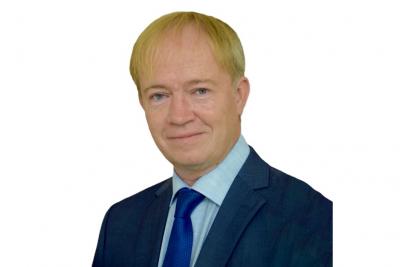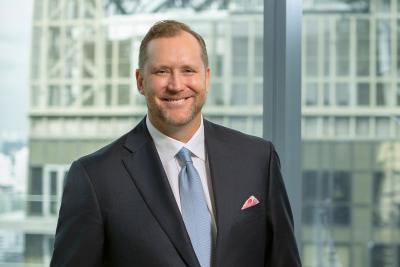Current Trends and Concerns for Wealthy International Families in the Philippines

Maita Kilayko of Henley & Partners
Apr 21, 2023
In the third panel discussion of the Philippines Wealth Management Forum in Manila, a group of experts opined on some key questions around the key current issues that wealthy clients need to focus on for estate planning and also around global mobility of assets, family members and robust legacy structuring. The panel addressed questions around offshore wealth structuring, compliance and regulation, robust legacy planning, and global mobility planning. We have summarised their selected observations.
In partnership with Henley & Partners
Chair
Maita Kilayko
Director
Henley & Partners
Panel Members
Stella Cabalatungan
Executive Vice President, Head of Wealth Management Group
BDO Private Bank
Lee Woon Shiu
Managing Director & Group Head of Wealth Planning, Family Office & Insurance Solutions
DBS Private Bank
Zac Lucas
Partner – International Private Wealth
Spencer West
Joshua Gilbert F. Paraiso
Partner
PJS Law
The value of trusts or wills for asset protection and disbursement
A panellist observed that trusts offer the advantages of protecting assets, ensure that your funds and your assets are managed properly for the coming generations, allowing the beneficiaries to enjoy the fruits of the wealth from early on and making sure the wealth is professionally managed through the trust structures. “That is one very good way of preserving the legacy of your family and your brand,” she said. “It is the most logical and efficient way to do this via a trust structure.”
A banker agreed, noting that the trust is the go-to vehicle offshore as well, although in the offshore space the optionality had expanded tremendously to include instruments like the lasting power of attorney and durable power of attorney in case clients themselves become incapacitated. A more complete solution for the very wealthy families is the family office, with a dramatic expansion taking place in Singapore, for example, with numbers there leaping from modest numbers to over 800 today in a few years only.
Explosive growth of family offices in Asia and demand strong amongst Filipino clients
“There has been an explosive growth of family offices as a governance vehicle, and as a vehicle for planning for succession and legacy transfer,” he said. “We also see trust structures evolving from a simple structure, which is holding bank accounts and assets into PTCs, or private trust companies, where we see many billionaire families coming to us from other jurisdictions all over the world, whether Jersey, Europe, from the US, all with a single-minded purpose and wanting to protect not just one little part of the assets, not just onshore, not just offshore, but onshore, midshore, offshore.”
He added that a private trust company can be designed with a lot of optionalities to hold nonconventional assets like business assets to hold their land, properties, and so forth.
Have you got a properly formed Plan B?
The same banker said the demand from ultra-wealthy clients is increasing and certainly also in the Philippines. And he added that global mobility is also important. “You must have a plan B no matter how wealthy you are, and if you don't have that plan B, you're stuck in the country where the standards of medical care, for instance, may just not be up to your expectations. So, the plan B is crucial, whether it is for human capital diversification or financial capital diversification.”
The Philippines is a civil law jurisdiction and has forced heirship rule
An expert highlighted how the Philippines’ legal system governs succession rights and obligations, whether properties and assets are onshore or offshore. Normally, the compulsory heirs would be the surviving spouse and the children. Meaning effectively the law determines what other countries might call forced heir provisions. “Whether one would like it or not, when a Filipino citizen passes away, this law kicks in,” he reported. “But for example, if the individual had formed an irrevocable trust during their lifetime, perhaps in Singapore for example, property would be transferred to the trust, moving it out of the estate of that person. But that is not the case for a revocable trust, whose property would be subject to the forced heirship regime.”
He went into more detail about some of the nuances, adding that if locals change their citizenship, naturally they are subject to the laws prevailing in those other jurisdictions, thereby side-stepping these issues. He added that the Philippines permits dual citizenships, but the individuals must choose a country that also has the same dual citizenship capabilities.
“If you choose Singapore citizenship, you will necessarily have to renounce your Philippine citizenship, but the US for example permits dual citizenship. In the case of dual citizens, it is normally the domicile of the individual that determines what is effectively a conflict of law. Once the domicile is confirmed, that means the successor law covers that person.”
Is CRS coming to the Philippines anytime soon?
Another speaker reported there is no immediate pressure on the Philippines to join CRS. “The OECD don't view the Philippines as a financial centre, so there is not the same political pressure as you would have had on Singapore or maybe some of the other offshore financial centres in the OECD’s view.”
He added that the OECD is how placing greater scrutiny on residence and citizenship by investment schemes, elevating what were otherwise guidance notes into their full-fledged commentary, with the aim to weed out any CRS high risk individuals that are gaming the system for tax avoidance.
There is far greater attention paid today to robust estate and legacy planning and that is certainly true in the Philippines, and global mobility option are central to that proposition nowadays
“Building wealth is about not just for yourself, but building a legacy for the future generations,” said one guest, closing the discussion. “And during this pandemic, there were a lot of realisations that came into our minds, and one is the protection of our loved ones. A lot of things money cannot buy. But when you want to protect the next generation and yourself, you look for other ways to protect yourself through education, through better healthcare, through better access to other facilities. And this is what we both realise that, hey, having a second citizenship will come in very handy, whether for medical reasons highlighted in the pandemic, or education, security, and so forth.”

Director at Henley & Partners

More from Maita Kilayko, Henley & Partners
Latest Articles






